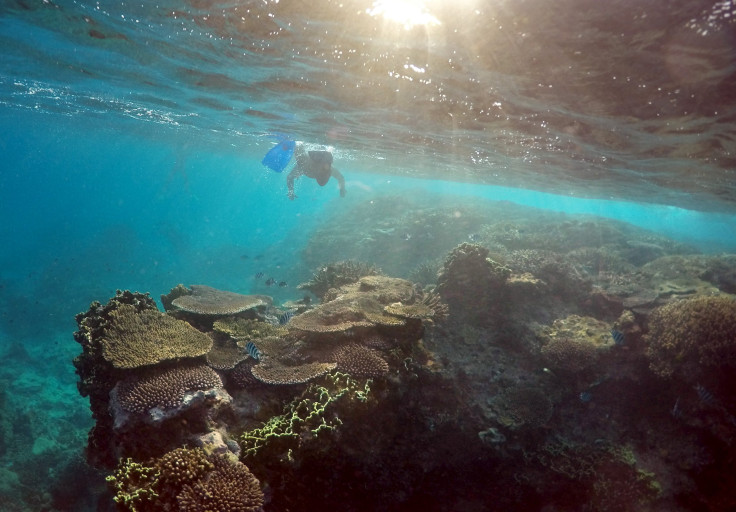Great Barrier Reef tragedy: Award-winning climate change campaigner and photographer dies inspecting coral bleaching

Gary Braasch, an award-winning American environmental photographer, has been found dead at the northern end of the Great Barrier Reef. His body was found floating face-down in the water on Monday morning.
He died while documenting the impact of climate change on the Great Barrier Reef. He was 70 and hailed from north-west US city of Portland, Oregon.
According to the Australian Museum, which runs the Lizard Island Research Station, the veteran environmental campaigner and nature photographer was snorkelling with a companion near Lizard Island, around 270kms north-east of Cairns.
After the body was found floating lifelessly, an emergency team from the station was dispatched immediately. A nearby diver also commenced CPR but all resuscitation efforts failed to revive him. Police are not considering any foul play involved in his death. The cause of death has not been confirmed yet.
Braasch had spent 40 years travelling the world taking pictures.
The Great Barrier Reef is a World Heritage Site. It is the world's largest living ecosystem and has thousands of multi-coloured coral reefs stretching over 2,000 km (1,200 miles) off the northeast coast of Australia.
Parts of the reef are facing permanent destruction due to the current El Nino. It is one of the strongest weather patterns in two decades. If it does not ease this month, large parts of the Great Barrier Reef may be permanently destroyed.
Scientists are immensely worried as the heritage site is experiencing the worst bleaching in 15 years. Federal authorities are panicking over this mass coral bleaching event and they have issued an urgent warning on the natural wonder, which is facing threat from climate change.
According to the Great Barrier Reef Marine Park Authority, upcoming hot conditions pose a dangerous threat over the next few weeks. In many shallow areas of the Reef, patchy bleaching has already been detected and that is a cause of great concern. The bleaching is most evident on corals around the Lizard Island, which is off the tropical city of Cairns.
About 80 percent of its coral is already bleached under the unremitting sunlight. Dr Russell Reichelt, chairman of the Great Barrier Reef Marine Park Authority, is of the opinion that corals may die as they are under tremendous physiological stress and if the stress continues for a long time.





















